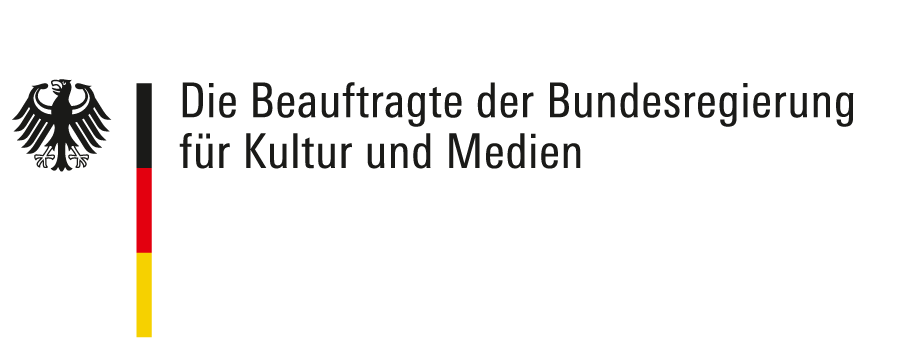
©©CEGES-SOMA, Brüssel
Dear friends,
on 8 May 2024, we will open the Museum of Forced Labour under National Socialism in the former Nazi Gauforum, the planned seat of government of Fritz Sauckel, the „Gauleiter“ of Thuringia and General Plenipotentiary for Labour Deployment. It shows forced labour as a history of the relationship between the German majority society and the forced labourers. The museum will therefore go far beyond the actual topic of forced labour. In fact, it is an exhibition about the murderously racist Nazi society and how it functioned. In this way, we want to enable new approaches to recent German and European history and invite people to reflect on how we want to live in the future.
The Belgian men in the picture were seven of over 20 million people from all over Europe who had to perform forced labour for Germany during the Nazi regime. At the end of December 1944, they were not with their families but were deployed for forced labour in Neustadt an der Waldnaab (Upper Palatinate). They wanted a photo of themselves as a reminder, then they realised: If we took a picture of ourselves now, it would look like a „normal“ souvenir picture. But there was nothing „normal“ about it. Nothing at all. And so they wrote what they felt was painful on a small board. And only then did they take the photo.
The Museum of Forced Labour under National Socialism wants to make the people who were deported to the German Reich as forced labourers visible again. Thousands of their private photos have been researched for the exhibition. In these unusual photographs, the forced labourers – unlike Polish or Soviet forced labourers, those from Belgium, France and the Czech Republic were allowed to own a camera – do not appear to today‘s viewers as victims of their situation. Instead, they appear as self-confident people who preserve their identity and dignity, reflect on their fate and at the same time denounce it.


